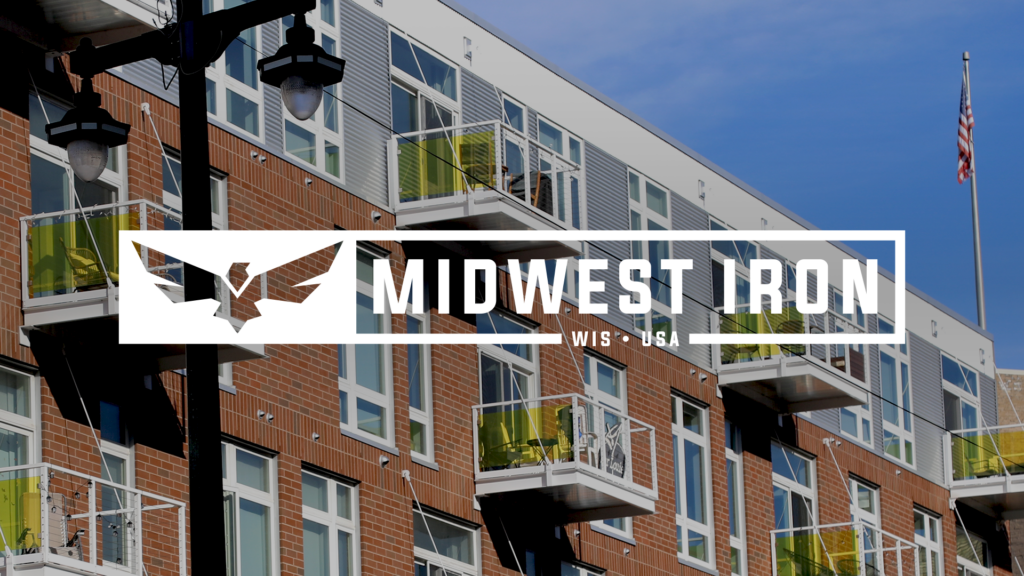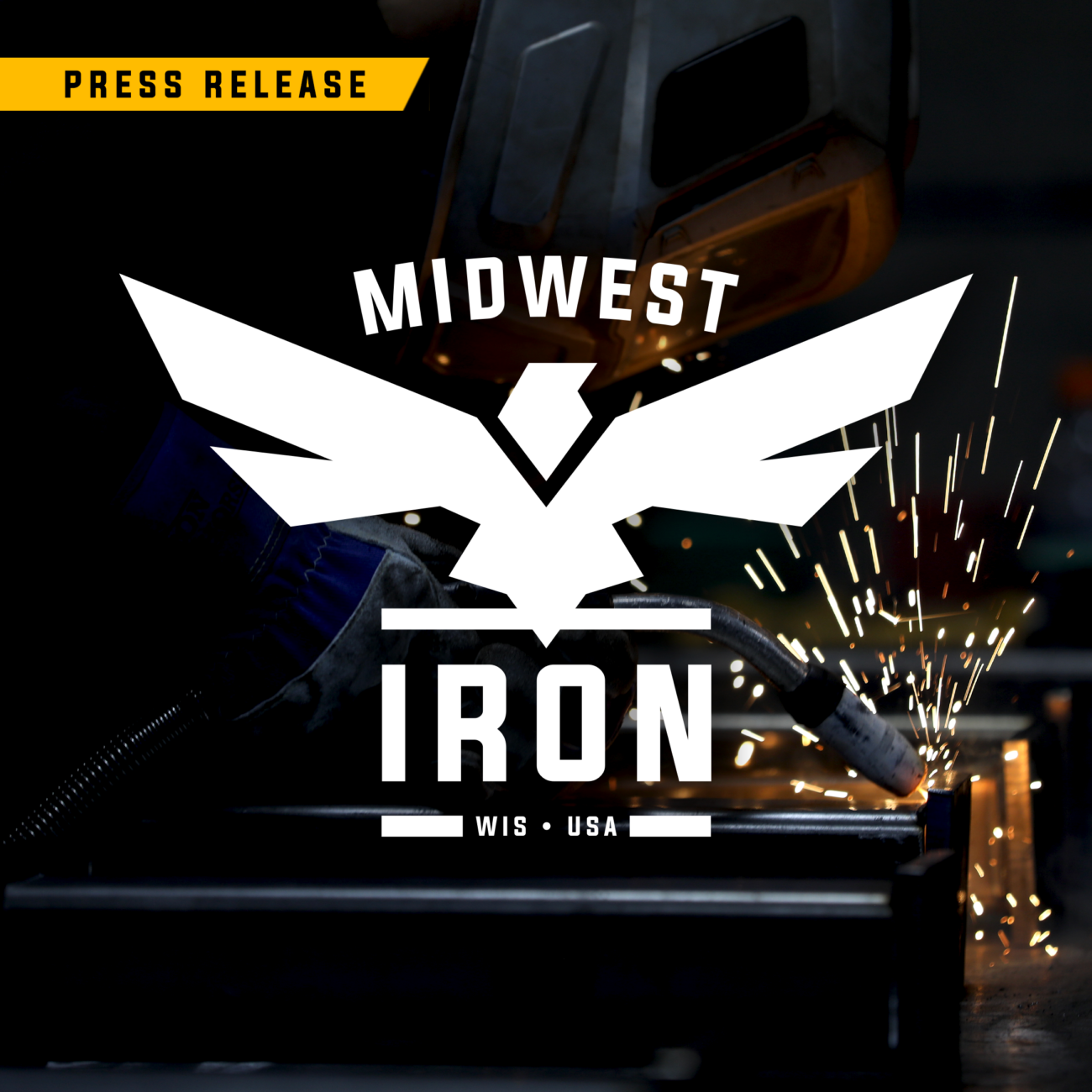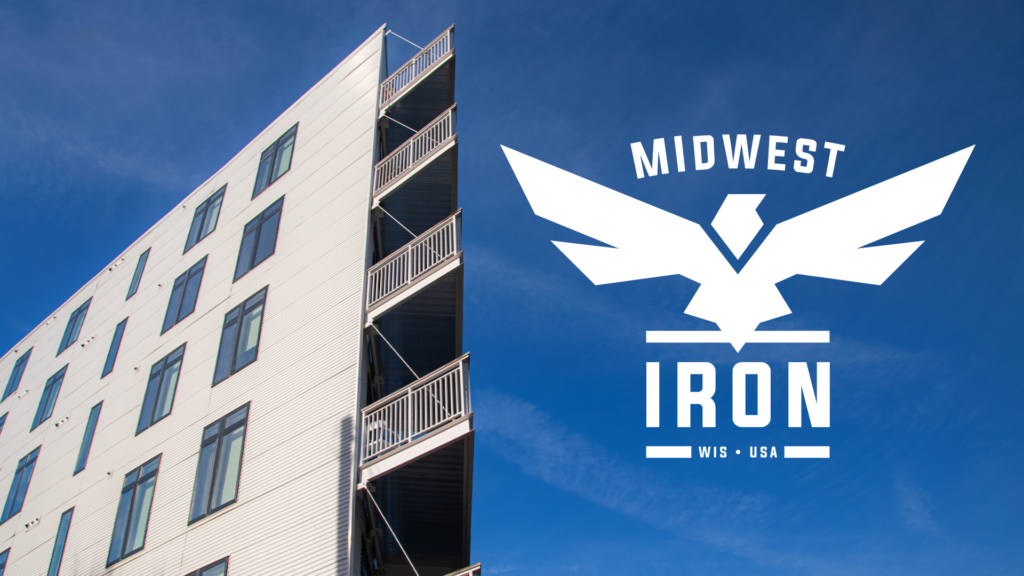So here we are, talking about hours for midwest iron. Let’s be real, if you're in the Midwest, you know the importance of timing. Whether it's knowing when the sun rises or ensuring your equipment is ready to go when the workday starts, timing is everything. Midwest iron isn't just about having the right tools; it's about knowing when to use them. And trust me, this guide will give you all the info you need to get your Midwest iron hours dialed in. Don't miss out on this one!
Now, before we dive deep into the nitty-gritty, let’s set the stage. Midwest iron is a big deal. It powers industries, supports construction projects, and keeps the agricultural backbone of the region strong. But understanding the hours for midwest iron isn’t just about knowing when the sun sets or rises. It’s about efficiency, productivity, and making the most of every single moment. Stick with me, because I’m about to drop some knowledge that’s going to change the way you think about iron in the Midwest.
And if you're thinking, "Do I really need to know all this?" The answer is a resounding YES. Knowing your hours for midwest iron can save you time, money, and a whole lot of headaches. Whether you're a business owner, a contractor, or someone who just wants to get the job done right, this guide is going to be your go-to resource. Let’s get started, shall we?
Read also:Oakley Rae Onlyfans Leak The Full Story You Need To Know
Table of Contents:
- What Are Midwest Iron Hours?
- Why Are Hours Important for Midwest Iron?
- Midwest Iron Industry Overview
- Common Midwest Iron Hours
- Seasonal Impact on Hours
- Tips for Optimizing Midwest Iron Hours
- Midwest Iron Suppliers and Their Hours
- Legal Regulations Around Midwest Iron Hours
- Case Studies: Real-Life Examples of Efficient Hours
- Future Trends in Midwest Iron Hours
What Are Midwest Iron Hours?
Alright, let’s start with the basics. When we talk about hours for midwest iron, we’re referring to the operational time frames for businesses, suppliers, and contractors that deal with iron products and services. These hours dictate when you can expect deliveries, when the equipment is available, and when you can get support from suppliers. And trust me, these hours matter big time.
Think about it. If you’re running a construction project, you need to know when the iron beams are going to arrive. If you’re a farmer using iron tools, you want to make sure you’re not stuck waiting for repairs during harvest season. Midwest iron hours help you plan, execute, and succeed in whatever you’re doing. So, let’s break it down further.
Defining the Hours
Midwest iron hours typically vary depending on the type of business. For suppliers, you might see standard business hours like 8 AM to 5 PM. But for contractors or agricultural workers, those hours can stretch longer, especially during peak seasons. Here’s a quick rundown:
- Supplier Hours: Usually follow a standard 9-to-5 schedule.
- Contractor Hours: Can extend into evenings or weekends during busy periods.
- Agricultural Hours: Often dictated by the weather and seasonal demands.
Now, here’s the kicker. Knowing these hours isn’t just about convenience. It’s about making sure your project stays on track, your budget stays intact, and your stress levels stay low. And trust me, in the Midwest, we know a thing or two about keeping things running smoothly.
Why Are Hours Important for Midwest Iron?
Okay, so you might be thinking, "Why does it matter?" Well, here’s the deal. Hours for midwest iron are crucial because they impact everything from supply chain logistics to project timelines. If you don’t have a clear understanding of when things are happening, you’re setting yourself up for potential delays, increased costs, and a whole lot of frustration.
Read also:Danii Banks Leak The Untold Story You Need To Hear
For example, let’s say you’re working on a construction project and you ordered some iron beams. If the supplier’s hours don’t align with your project schedule, you could end up waiting days or even weeks for the delivery. That’s lost time and money right there. But if you know the hours, you can plan accordingly and avoid those headaches.
Key Benefits of Knowing the Hours
- Improved Planning: Knowing the hours allows you to create a more accurate project timeline.
- Cost Efficiency: Avoid unnecessary expenses by aligning your needs with supplier availability.
- Increased Productivity: Get more done in less time by optimizing your schedule around iron hours.
And let’s not forget about the weather. In the Midwest, the weather can change on a dime. Knowing your iron hours can help you prepare for unexpected storms, freezing temperatures, or other conditions that might impact your work. It’s all about being prepared, and knowing the hours is a big part of that.
Midwest Iron Industry Overview
Now, let’s take a step back and look at the bigger picture. The Midwest iron industry is a powerhouse. It’s responsible for everything from building skyscrapers to supporting agricultural operations. And understanding the industry is key to understanding the hours.
The Midwest is known for its robust manufacturing and agricultural sectors. Iron plays a critical role in both. From steel beams for construction to iron tools for farming, the demand for iron products is consistently high. And that demand is only going to increase as the region continues to grow and develop.
Key Players in the Industry
There are several major players in the Midwest iron industry. These include:
- Steel Manufacturers: Producing high-quality steel products for construction and other industries.
- Iron Suppliers: Providing a wide range of iron products to contractors, farmers, and businesses.
- Contractors: Using iron products to complete construction and infrastructure projects.
- Agricultural Operators: Relying on iron tools and equipment to maintain and improve their operations.
Each of these players has their own set of hours, and understanding them can make a huge difference in how you approach your work. So, whether you’re a manufacturer, supplier, contractor, or farmer, knowing the hours is going to be a game-changer for you.
Common Midwest Iron Hours
Alright, let’s talk specifics. What are the common hours for midwest iron? Well, it depends on the business and the industry. But here’s a general breakdown:
Supplier Hours
Most suppliers operate on a standard 9-to-5 schedule. However, some larger suppliers may offer extended hours or even weekend availability. Here’s a typical schedule:
- Monday to Friday: 8 AM to 5 PM
- Saturday: 9 AM to 1 PM (if available)
- Sunday: Closed
Contractor Hours
Contractors often work longer hours, especially during peak construction seasons. Here’s what you might expect:
- Monday to Friday: 6 AM to 6 PM
- Saturday: 7 AM to 3 PM (depending on the project)
- Sunday: Closed (unless it’s an emergency)
Agricultural Hours
Agricultural workers are at the mercy of the weather and the seasons. Their hours can vary widely, but here’s a general idea:
- Spring and Summer: Early mornings and late evenings to avoid the heat.
- Fall and Winter: More flexible hours, but often shorter days due to daylight limitations.
And remember, these are just general guidelines. Every business is different, so it’s always a good idea to check with your specific supplier or contractor to get the most accurate information.
Seasonal Impact on Hours
Now, let’s talk about the elephant in the room: the weather. In the Midwest, the seasons can have a huge impact on iron hours. Whether it’s snowstorms in the winter or heatwaves in the summer, the weather can dictate when and how work gets done.
Winter Hours
During the winter months, you might see shorter hours due to snow and ice. Suppliers might limit deliveries, and contractors might scale back on outdoor work. Here’s what you can expect:
- Supplier Deliveries: Limited to weekdays only, with potential delays due to weather conditions.
- Contractor Work: Reduced outdoor activities, with a focus on indoor projects.
Summer Hours
In the summer, the opposite is true. Longer daylight hours mean more work can get done. But the heat can also be a factor, so you might see earlier start times to avoid the afternoon sun. Here’s how it breaks down:
- Supplier Deliveries: Increased frequency to meet higher demand.
- Contractor Work: Early mornings and late evenings to beat the heat.
And let’s not forget about the occasional thunderstorm. In the Midwest, storms can pop up quickly, so it’s always a good idea to have a backup plan in case the weather doesn’t cooperate.
Tips for Optimizing Midwest Iron Hours
Now that you know the importance of hours for midwest iron, let’s talk about how you can optimize them. Whether you’re a supplier, contractor, or farmer, there are steps you can take to make the most of your time and resources.
Plan Ahead
One of the best things you can do is plan ahead. Know your supplier’s hours, your project timeline, and the seasonal weather patterns. This will help you avoid last-minute surprises and keep your work on track.
Communicate
Communication is key. Make sure you’re in regular contact with your suppliers, contractors, and team members. This will help you stay informed about any changes in hours or schedules.
Be Flexible
Flexibility is crucial in the Midwest. Whether it’s adjusting your hours to accommodate the weather or finding alternative solutions when things don’t go as planned, being adaptable can save you a lot of headaches.
And remember, optimizing your hours isn’t just about being efficient. It’s about being smart. By understanding the hours for midwest iron, you can make better decisions, save money, and get the job done right.
Midwest Iron Suppliers and Their Hours
Let’s talk about the suppliers. These are the folks who keep the Midwest iron industry running. From small local shops to large national distributors, suppliers play a critical role in getting the right products to the right people at the right time.
Types of Suppliers
There are several types of suppliers in the Midwest iron industry. Here’s a quick breakdown:
- Local Suppliers: Small businesses that cater to the local market. They often have more personalized service but may have limited hours.
- National Suppliers: Large companies with a wide reach. They offer a broader selection of products but may have more rigid hours.
- Online Suppliers: E-commerce platforms that offer convenience and flexibility. They often have extended hours, but delivery times can vary.
Supplier Hours
As we mentioned earlier, supplier hours typically follow a standard 9-to-5 schedule. But some suppliers offer extended hours or even 24/7 availability through online ordering. Here’s what you can expect:
- Local Suppliers: Monday to Friday, 8 AM to 5 PM
- National Suppliers: Monday to Friday, 8 AM to 6 PM
- Online Suppliers: 24/7 availability, with delivery times varying based on location and product.
And don’t forget to check for holidays. Many suppliers close for major holidays, so it’s always a good idea to plan accordingly.
Legal Regulations Around Midwest Iron Hours


